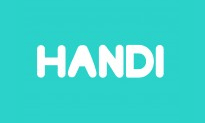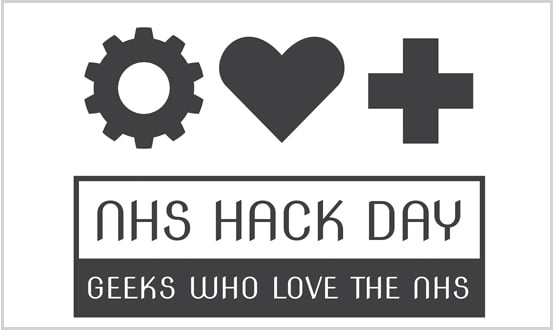HANDI support for apps
- 31 May 2012

A Healthcare App Network for Development and Innovation has been set up by developers, clinicians, and others with an interest in developing health and care apps.
The not-for-profit venture is holding a series of workshops to discuss how the app approach can be used to improve health and care for staff and patients.
At one of the first workshops in London, which attracted more than 80 people yesterday, event organiser Ewan Davis said HANDI was one of a number of initiatives that were bringing the spark back into healthcare IT.
“I’m interested in having fun, but I actually want to see this happen,” he said. “The stuff I see around this initiative and particularly around [the NHS Hack Day that was held in London last weekend] is something I haven’t seen since the early days of GP computing, when the Commodore PET and the Apple IIe had just arrived.
“You got this real engagement, some real achievement, as doctors started to understand the IT space and the IT space people started to understand the clinical space people. I want to see this synergy again.”
HANDI was the brainchild of Louise Wilson, a health informatician working for the NHS in Newcastle, who approached Davis after working on the development of an app for ME and Chronic Fatigue Syndrome.
Wilson and Davis believe that building an app is a challenging experience and one that can be supported by group collaboration. They also believe that apps should be made available on all devices, not just mobile phones running proprietary systems.
At yesterday’s workshop, speakers included Dr Wai Keong Wong, a haematologist and EHI columnist, Toto Gronlund, head of patient and public partnerships at the Department of Health Informatics Directorate, and Dr Ian McNicholl, director of the board of the openEHR Foundation.
Dr Wong, who addressed delegates providing his clinical perspective on the app space, told EHI that he is hopeful that HANDI will have a positive impact in “demystifying healthcare IT to clinicians.”
“It is often a minefield and we are now in a very dangerous situation with the hybrid between paper and digital records, with no one medium storing all the information that we require, exposing us to the limitations of both methods.
“As clinicians we need to influence the tools we work with, working with IT developers as otherwise things will just get done to us and we will get a very perverse situation when IT starts determining the way we work instead of it being the other way around,” he explained.
The next HANDI workshop will be held at Warwick University on 13 June at the Institute of Digital Healthcare. For more information visit the HANDI website.
Ewan Davis is also interviewed about HANDI in this week’s EHI TV.




